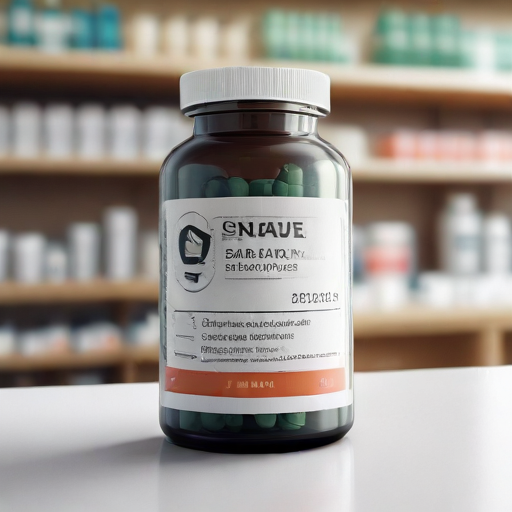A recent report from the House Committee on Oversight and Accountability highlights concerns regarding pharmacy-benefit managers (PBMs) and their practices, suggesting they might be directing patients to more costly medications while also limiting pharmacy options for consumers. This report, resulting from a 32-month investigation, precedes a hearing involving executives from the largest PBM companies in the country.
PBMs serve as intermediaries for health insurers, negotiating prices with pharmaceutical companies and determining out-of-pocket expenses for patients. The three largest PBMs—Express Scripts, UnitedHealth Group’s OptumRx, and CVS Health’s Caremark—manage around 80% of prescriptions filled in the U.S.
One key finding from the investigation indicates that PBMs are favoring higher-priced brand-name drugs over less expensive alternatives. For instance, communications from Cigna discouraged using cost-effective substitutes for Humira, a drug used to treat arthritis and other autoimmune disorders, which carried a hefty annual price tag of $90,000, while a biosimilar was available at half that cost.
Additionally, it was revealed that Express Scripts informed patients that their out-of-pocket expenses would be lower for a three-month supply through their mail-order service compared to local pharmacies, which limited patient choice.
Following a similar line of inquiry, the U.S. Federal Trade Commission (FTC) released a report asserting that the six largest PBMs control nearly 95% of the prescription drug market in the U.S. The FTC emphasized concerns about the significant power these entities wield over consumer access to affordable medications. Their findings indicate that vertically integrated PBMs could potentially prioritize their own affiliated entities, posing conflicts of interest that may disadvantage independent pharmacies and escalate drug prices.
FTC Chair Lina M. Khan has noted that these practices can lead to increased costs for patients requiring essential drugs, such as cancer medications, and estimates that this results in over $1 billion in excess revenue for these intermediary companies.
The investigation opens the door to potential reforms in the PBM industry, which could lead to improved access and more affordable medication for patients. The scrutiny of PBMs’ practices suggests a growing awareness of the need for transparency in the healthcare landscape, offering hope for more equitable healthcare solutions in the future.
In summary, while the report highlights troubling practices by PBMs, it also presents an opportunity for policy changes that could benefit patients and improve their access to necessary medications.
